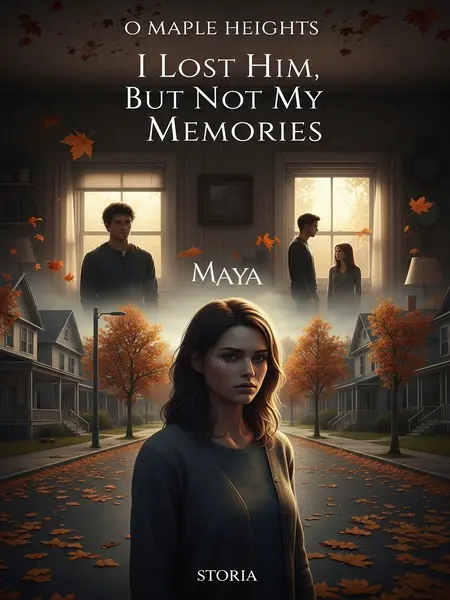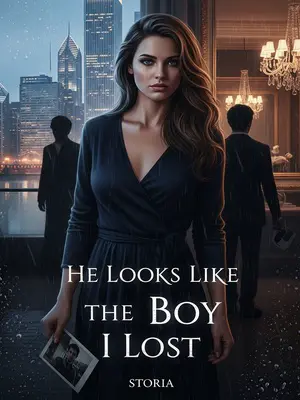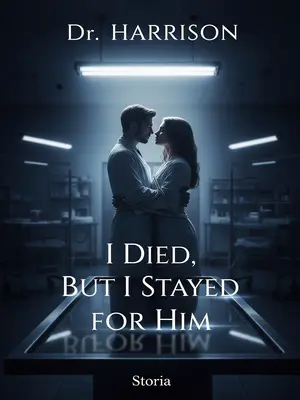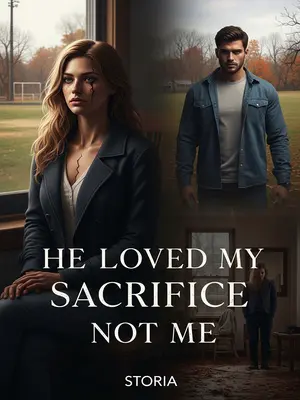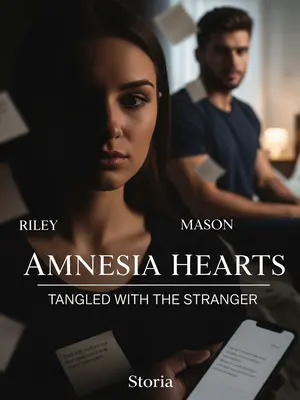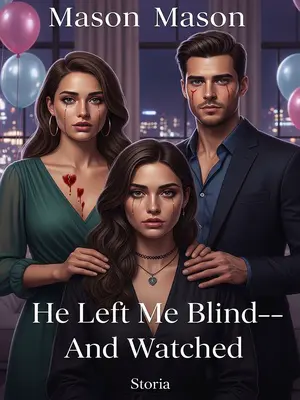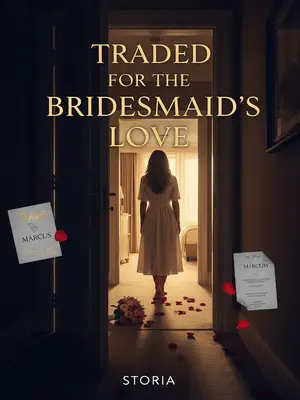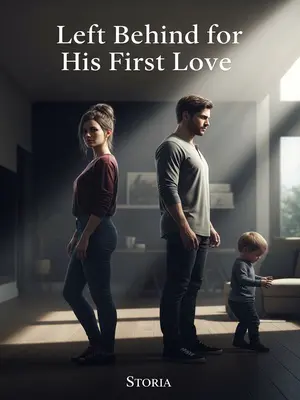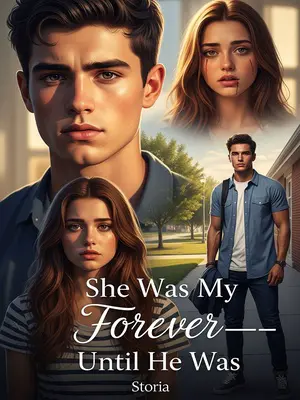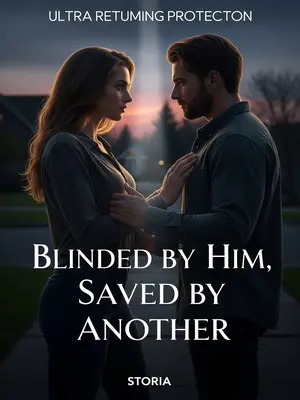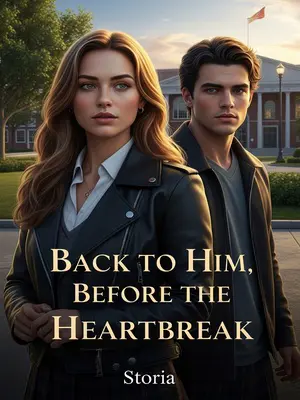Chapter 2: A Goodbye Years in the Making
Growing up, my grandma always quoted this old saying about the “eight big heartbreaks of life”—birth, aging, sickness, and death, plus wanting what you can’t have, running into people you resent, and parting from those you love. I’d never really lost someone close before, so I didn’t know what “death” meant—not until now.
I remembered her voice, a little dramatic, waving her hand and saying, “You won’t understand real pain until you lose someone for good.” I used to roll my eyes. Now, standing in that airport, I finally got it.
I stumbled onto the plane, and then off again. I barely remember the flight—buckling my seatbelt, the flight attendant handing me a tiny cup of orange juice. I pressed my forehead to the cold window, watching the clouds drift by, trying not to cry in front of strangers.
The weather in Maple Heights is different from Denver. Up north, the air’s drier, and the wind on my face felt biting.
Stepping out of the airport, the cold hit me like a slap. The sky was a washed-out blue, the wind sharp enough to sting my cheeks. I pulled my coat tighter, wishing I’d brought a heavier one. Denver winters are mild; Maple Heights doesn’t mess around.
Tyler grew up with Adam—they were so close they could’ve been brothers. Both families knew each other well.
Tyler was the kind of guy who showed up for every birthday, every barbecue, every late-night call. He and Adam had matching scars on their knees from a bike crash in fourth grade. Their moms swapped casserole recipes and gossiped about the PTA. It was that kind of small-town closeness.
So when something happened to Adam, it was only natural that Tyler stayed with him in the hospital.
Tyler was always there, the steady one, the anchor. I pictured him sitting by Adam’s hospital bed, clutching his hand, willing him to wake up. It broke my heart to think of him alone in that sterile room, watching his best friend slip away.
But what about me? Where did I fit in?
I couldn't even find a proper reason to show up at the hospital.
I kept thinking, What am I, really? Ex-girlfriend? Old friend? Just someone who used to matter? It felt wrong to barge in, to claim a spot at his bedside when I’d already walked away from him so many times.
Just having an obvious connection wasn't enough for me to rush over.
I worried I’d be intruding, that I’d make things harder for his family, for Tyler. My place in Adam’s life had always been complicated. Now, with him gone, it felt even messier.
I wandered at the exit, hailed a cab home.
The taxi smelled faintly of coffee and cinnamon air freshener. I stared out the window as we drove past old haunts—Maple Heights High, the ice cream shop where Adam worked one summer, the park where we used to sneak out after curfew. Everything looked the same, but it all felt different.
But just as I got in the taxi, Tyler called.
His voice was hoarse—he'd obviously been crying.
"Maya, didn’t you say you were coming back? Where are you?"
I was silent for a while before I could find the words.
"I'm back, but what right do I have to go over there?"
My voice sounded small, uncertain. I pressed my forehead to the cool glass, watching the world blur by. Why would they want me there? Did I even belong anymore?
The other end of the phone went silent too, probably overwhelmed by grief, sending me the message without thinking, forgetting that I no longer had anything to do with Adam.
I could hear Tyler breathing, shaky and uneven. For a second, I wondered if he’d hang up, if he’d tell me to stay away. But he didn’t.
"Since you're back, come see him one last time."
One last time. Yeah, I should really say goodbye.
The words echoed in my head. One last time. I owed him that much. I owed myself that much, too.
The last time I saw Adam was a year ago.
We’d met for coffee at that little place on Main, the one with the mismatched mugs and the barista who always played Fleetwood Mac. We hadn’t broken up yet, but we both felt the end coming. There was a heaviness between us, like we were both waiting for the other to say it first.
At that time, we hadn't broken up yet. We were just on the verge. His dad found him a decent job in Maple Heights—not high-paying, but easy. I stayed at a private company in Denver, working hard for a good salary, and still found time to write for some extra money.
I remember Adam shrugging about the job, saying it was “just something to do for now.” I envied how easy things came to him. Meanwhile, I was juggling deadlines, side gigs, and a boss who thought weekends were optional. I tried not to let it show, but I was exhausted.
We’re both just regular people, nothing special.
We weren’t the stars of any movie. No grand adventures, no dramatic rain-soaked fights. We just existed, side by side, trying to make sense of things. Sometimes that felt like enough. Sometimes it didn’t.
Unlike Adam, I didn’t have it easy.
Adam had good parents. I didn’t. His parents could find him a job; mine couldn't. The thing he heard most growing up was "as long as you’re happy." For me, it was always, "study hard, step by step is the only way."
I used to resent him for that. He could coast, knowing his parents would catch him if he fell. I didn’t have a safety net. My parents meant well, but their love came with conditions—grades, achievements, constant reminders to be better, do better.
Sometimes I wished I could live a little easier too. Not carry the whole family's burden. But I couldn't do it.
I tried, God knows I tried. But every time I thought about slacking off, I pictured my dad skipping steak so I could have new shoes, my mom scrubbing my ten-dollar shirts clean for the hundredth time. I couldn’t let them down.
I always thought, just work a little harder, just a bit more, so my dad wouldn't have to skip the steak for my sake, so my mom wouldn't have to keep washing the same ten-dollar shirts over and over.
That’s what kept me up at night. Not dreams, not ambition—just hoping things might get easier, someday.
I didn’t need to be rich, just enough to eat and wear, not be troubled by money.
That was the dream. Nothing fancy. Just enough. But even that felt out of reach most days.
Actually, that's pretty hard to achieve, for ordinary people.
No trust funds, no family businesses waiting in the wings. Just a lot of hard work and hope. That’s it.
When Adam played video games all night, I was doing homework; when he hung out at the pizza place, I was memorizing textbooks.
He’d text me about his high score in some game, and I’d reply with the page number I’d just finished. We lived in different worlds, even when we were sitting side by side on his basement couch.
Yeah, maybe if your parents can bail you out, but the so-called "school is useless" argument is only for the rich.
For people like us, studying is the only way out.
I clung to that idea, even when it felt hopeless. Maybe it was naive, but it was all I had.
What impressed me was that, despite Adam’s laziness, his grades were still okay.
